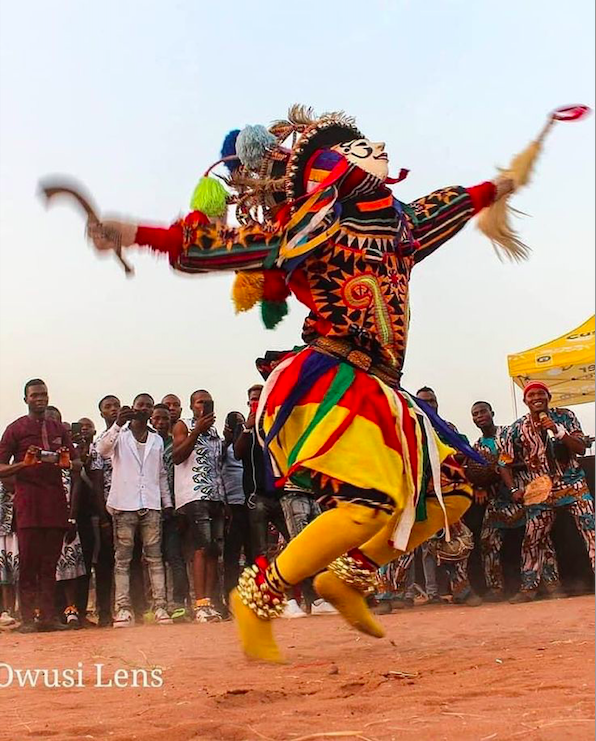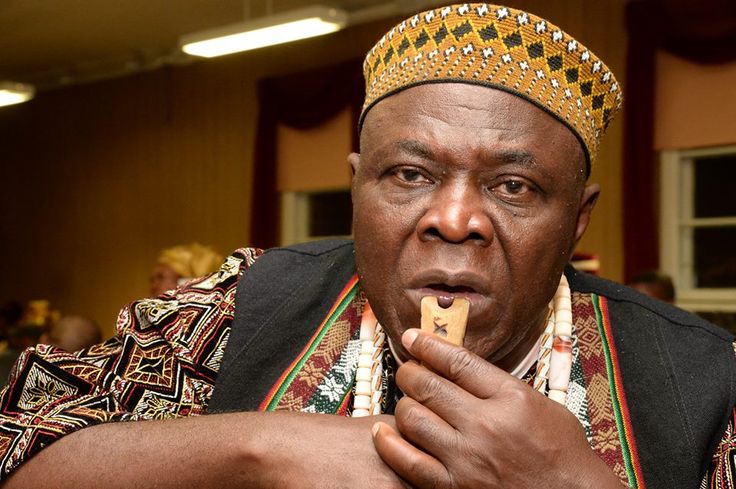Memory That Speaks
Every culture has its way of remembering. Some inscribe memory on stone, others preserve it in books and archives. But for many African societies, memory breathes through the spoken word. Stories, proverbs, riddles, chants, and songs are not merely entertainment; they are the living archive of a people. They hold lessons, histories, and worldviews that might otherwise fade away with time.
To speak and to listen, in this context, is to remember. Oral tradition makes the past present, allowing it to echo into the now. It is cultural memory in motion. It is a heritage that does not gather dust but lives in the rhythm of voice, gesture, and performance.
Oral Tradition as the Archive of Memory
When we think of an archive, dusty shelves of books or locked cabinets often come to mind. But in many cultures, especially across Africa, the true archive has always been human — the elder who remembers, the storyteller who performs, the griot who sings. Oral tradition is the memory-keeper of societies, storing wisdom not on paper, but in living voices.
This “living archive” is more than history. It holds myths that explain the universe, proverbs that guide daily choices, genealogies that root people in identity, and songs that mark life’s milestones. Unlike written records, which are fixed, oral tradition breathes. It adapts to the present moment, ensuring that memory is not just preserved but renewed with each telling.
In this sense, oral tradition functions as the collective archive of cultural memory. It does not merely recount the past; it allows a community to remember who they are, where they came from, and what values must endure. Because memory is alive only when shared.

The Forms of Oral Tradition
Oral tradition is not one thing but many voices woven into a tapestry of memory. Each form carries its own rhythm, purpose, and way of storing knowledge. Together, they create a cultural library spoken rather than written.
Folktales, Myths, Legends, and Proverbs
- Folktales entertain while teaching morals, often through animals, tricksters, or ordinary people who embody communal values.
- Myths reach deeper, explaining origins — of the world, of humanity, of a people — offering sacred narratives that anchor identity.
- Legends stand between history and imagination, preserving memories of heroes, founders, or extraordinary events that shape collective pride.
- Proverbs condense wisdom into a single line. Short, sharp, and poetic, they act as portable knowledge; easy to remember, ready to guide.

Songs, Chants, and Ceremonial Recitations
These are not merely art forms but powerful mnemonic devices. Rhythm, repetition, and melody make memory stick. A chant or praise song can carry genealogies across centuries, while ceremonial recitations connect the living with ancestors and the divine. They are as much spiritual tools as they are memory aids, linking people to both the past and the sacred.
Storytelling as Performance
Unlike the written word, oral storytelling is alive. A storyteller adapts tone, gesture, and pace to the audience and the moment. The story is never told exactly the same way twice, it bends with context, yet its essence remains. This performative nature makes oral tradition not static history but living heritage, where memory is continually renewed and reinterpreted.
Oral Tradition and Community Identity
In Igbo culture, oral tradition is more than a way of telling stories, it is a binding thread that weaves individuals into the larger fabric of community. Each tale, proverb, and chant carries echoes of shared experience, ensuring that no one stands outside the circle of belonging.
The intergenerational transfer of oral tradition strengthens this bond. Elders pass down wisdom in forms young people can grasp; proverbs that teach restraint, folktales that warn against arrogance, and myths that explain the order of the universe. These stories are not just lessons; they are identity-markers. To know them is to be part of the community.
For instance, tales of the tortoise (Mbe) often reflect moral lessons about greed, cunning, and consequences. Proverbs like “Ihe onye metere, ọ ga-eru ya” (“Whatever a person does will come back to them”) remind the community of justice and accountability. Mythic accounts of Chukwu, Ala, and ancestral spirits shape how the Igbo perceive morality, kinship, and the balance between humans and the spiritual world.
Through these stories, identity is remembered, rehearsed, and renewed. Oral tradition ensures that community is not just a gathering of people in space, but a continuity of spirit across generations.

Memory, Adaptation, and Modernity
One of the strengths of oral tradition lies in its ability to bend without breaking. Though rooted in centuries of practice, Igbo oral traditions have never been static; they evolve with the times while carrying forward the spirit of ancestral wisdom.
Adapting without losing essence
Oral traditions shift in language, imagery, or performance to suit changing realities. A folktale once told under the moonlight may now be narrated on radio, reenacted in school drama clubs, or retold on digital platforms. Yet, the core moral lessons remain intact; honesty, courage, humility, respect for community. This flexibility ensures continuity across generations.
Blending with modern mediums
Today, oral memory does not exist in isolation. It merges with written literature, film, music, and digital media. Nollywood draws heavily from myths and proverbs; musicians weave Igbo idioms into contemporary lyrics; and digital archives now record elders’ stories to preserve them for future generations. TikTok storytellers and YouTube griots embody this living tradition, carrying ancient voices into modern spaces.
Thus, oral tradition is not just a relic of the past. It is an elastic vessel of memory, capable of traveling across time and space, transforming in form but steady in purpose to remind Igbo people who they are, where they come from, and why their stories matter.
The Consequence of Forgetting
To forget is not merely to lose a story, it is to lose a part of oneself. Oral traditions are not just tales for entertainment; they are vessels of identity, morality, and memory. When they are neglected, a community risks falling into cultural amnesia, where people no longer remember who they are or where they came from.
This forgetting is not neutral, it carries consequences. It weakens community ties, dissolves the shared sense of belonging, and leaves history vulnerable to distortion. To neglect oral traditions is to silence the voices of ancestors, to sever the thread that links the living with the departed.
Every generation, therefore, carries an ethical responsibility: to remember, to preserve, and to pass on. To fail in this duty is not simply to forget stories; it is to abandon the wisdom that sustains a people.
Living With the Echoes
Oral tradition ensures that the past never fades into silence, it breathes through every story told and retold. It carries memory into the present, shaping identity, guiding values, and keeping communities whole. To listen and to tell is not only remembrance; it is survival.
Indeed, to tell our stories is to refuse forgetting, and in that refusal, culture lives on.
